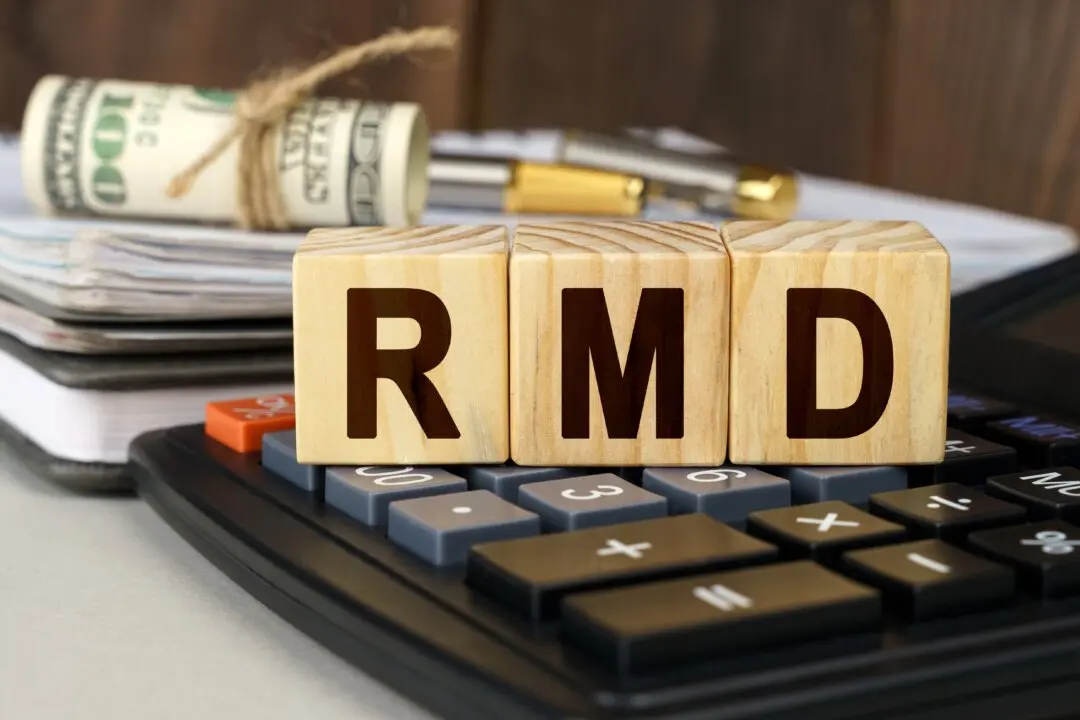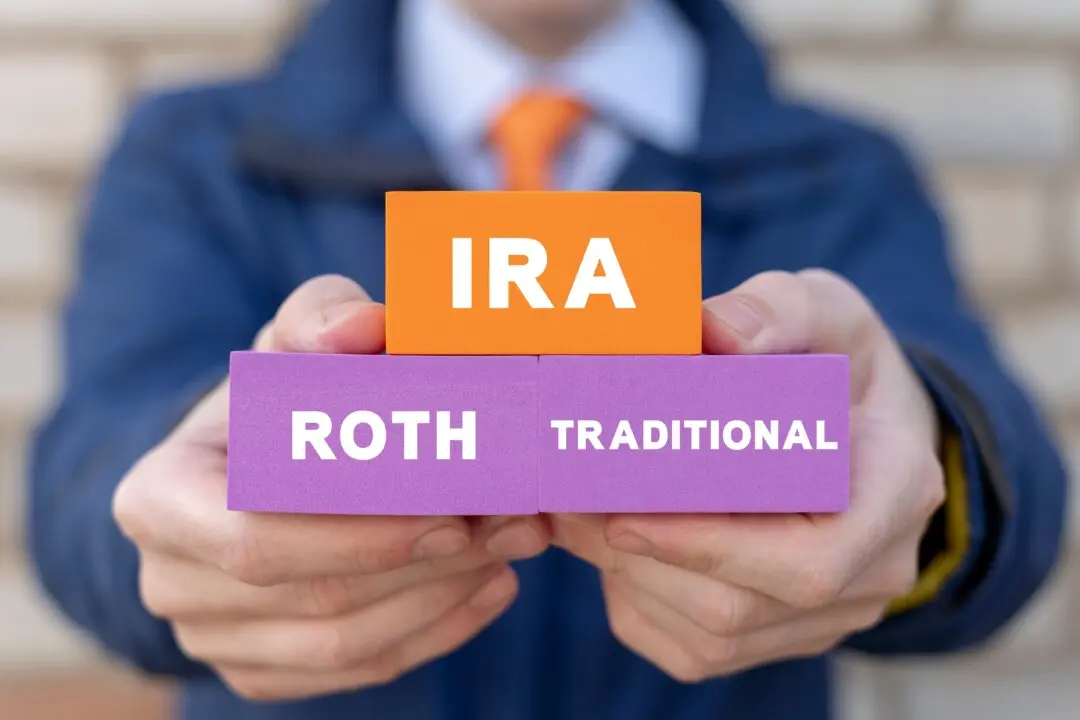You’ve probably heard of the “death tax” or estate tax. But the truth is that most people won’t owe any estate taxes. That’s partially because the 2017 Tax Cuts and Jobs Act (TCJA) signed into law by President Donald Trump raised the lifetime estate tax exemption substantially.
In 2025, the estate tax is levied on assets above $13.99 million that are transferred to heirs after an individual’s death. But key provisions in the TCJA are set to sunset or expire on Dec. 31, 2025. So in 2026, the estate tax exemption would reduce to about $7 million (adjusted for inflation).






